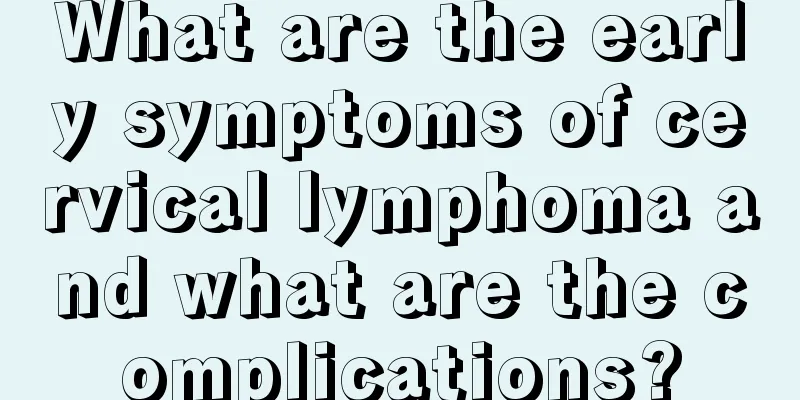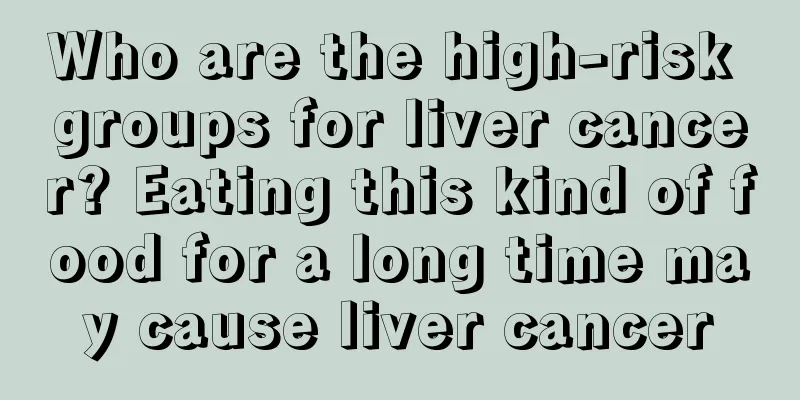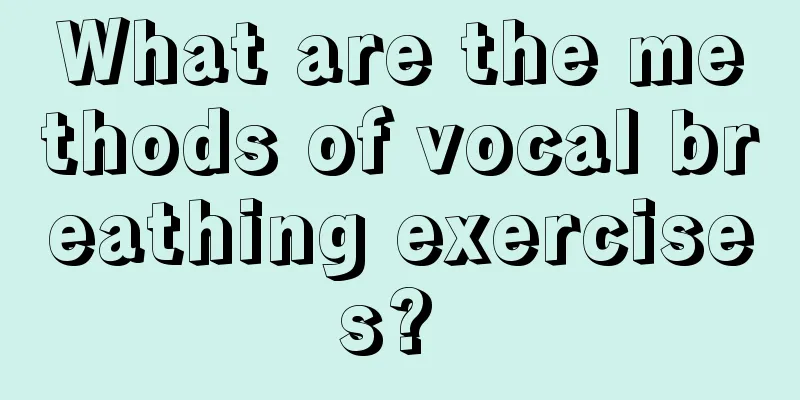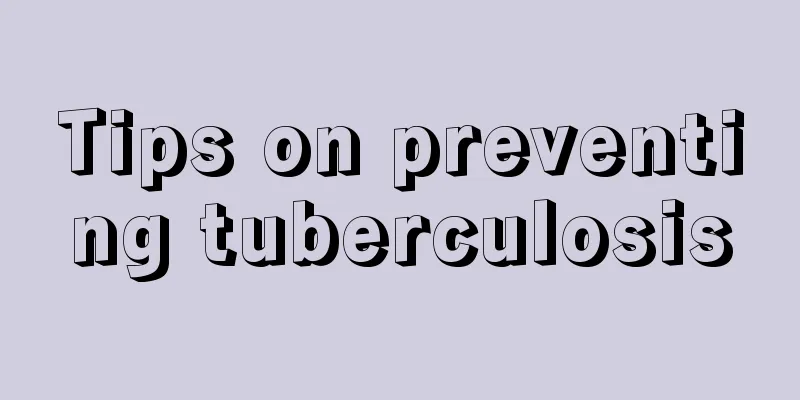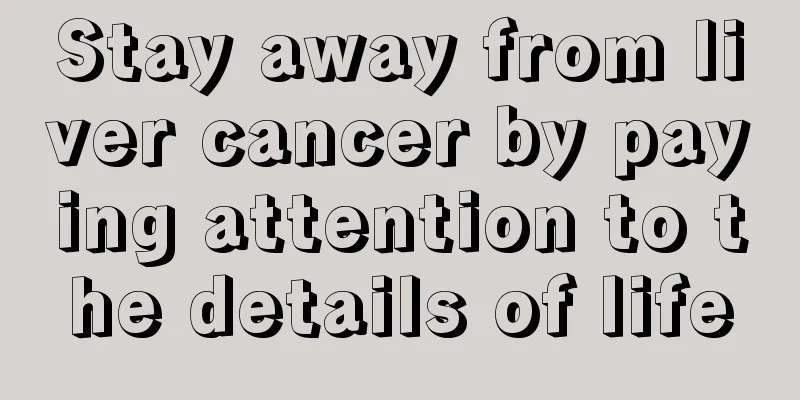Yellow stuff comes out of the pores

|
Pores are the openings of hair follicles, which are mainly where hair grows. In daily life, some people squeeze yellow stuff out of their pores when they squeeze them. This situation is mainly caused by acne, which is prone to occur during adolescence. It can also be caused by excessive sebum secretion, blockage of the sebaceous gland ducts of the hair follicles, and bacterial infection. We can understand the situation of acne in detail and deal with it correctly. Next, let’s look at acne. Worry about acne Clinical manifestations Skin lesions often occur on the face and upper chest and back. Non-inflammatory lesions of acne appear as open and closed comedones. The typical skin lesions of closed comedones (also known as whiteheads) are skin-colored papules about 1 mm in size with no obvious hair follicle openings. Open comedones (also called blackheads) appear as dome-shaped papules with significantly enlarged follicular openings. Acne will further develop into various inflammatory skin lesions, manifesting as inflammatory papules, pustules, nodules and cysts. Inflammatory papules are red and vary in diameter from 1 to 5 mm; pustules are uniform in size and filled with white pus; nodules are larger than 5 mm in diameter and feel hard and painful to the touch; cysts are located deeper and are filled with a mixture of pus and blood. These lesions may also fuse to form large inflammatory plaques and sinus tracts. After the inflammatory skin lesions subside, pigmentation, persistent erythema, and depressed or hypertrophic scars are often left behind. Clinically, acne is divided into 3 degrees and 4 levels according to the nature and severity of acne lesions: Level 1 (mild): only comedones; Level 2 (moderate): in addition to comedones, there are also some inflammatory papules; Level 3 (moderate): in addition to comedones, there are also more inflammatory papules or pustules; Level 4 (severe): in addition to comedones, inflammatory papules and pustules, there are also nodules, cysts or scars. treat 1. Daily care Wash your face with warm water once or twice a day to clean your skin, and avoid squeezing or scratching skin lesions with your hands. Avoid using oily and powdery cosmetics and ointments and creams containing glucocorticoids. 2. Common methods of acne treatment (1) Topical medications: Retinoic acid (retinoic acid cream, adapalene gel, tazarotene gel), benzoyl peroxide, antibiotics (clindamycin, erythromycin, chloramphenicol, etc.), azelaic acid, sulfur lotion, etc. (2) The first choice of oral antibiotics is tetracycline (minocycline, doxycycline, etc.), followed by macrolides (erythromycin). Avoid antibiotics commonly used to treat systemic infections such as levofloxacin. The course of antibiotics is usually 6 to 12 weeks. (3) Oral isotretinoin For severe acne, oral isotretinoin is the standard treatment and currently the most effective method for treating acne. The treatment course aims to achieve a minimum cumulative dose of 60 mg/kg. (4) Anti-androgen therapy, such as the oral contraceptive cyproterone acetate combined tablets, is suitable for female patients with moderate to severe acne accompanied by symptoms of excessive androgen levels (such as hirsutism, seborrhea, etc.) or polycystic ovary syndrome. Female patients with delayed-onset acne and acne that is significantly aggravated before menstruation may also consider using oral contraceptives. (5) Oral glucocorticoids are mainly used for fulminant or aggregated acne, following the principles of short-term, low-dose, and combined with other methods. (6) For patients who cannot tolerate or are unwilling to receive drug treatment, physical therapy such as photodynamic therapy (PDT), fruit acid therapy, laser therapy, etc. can also be considered. 3. Grading of treatment for acne (1) Level 1 is generally treated locally, with topical retinoic acid preparations being the first choice. (2) Level 2: Combined use of topical retinoids and benzoyl peroxide or antibiotics, and oral antibiotics if necessary. (3) Grade 3 often requires combined treatment, with oral antibiotics combined with topical benzoyl peroxide and/or retinoic acid drugs as the first choice. Antiandrogen therapy may also be considered for female patients where indicated. (4) Grade 4 oral isotretinoin is the most effective treatment and can be used as first-line treatment. For patients with more inflammatory papules and pustules, systemic antibiotics combined with topical benzoyl peroxide can be used first, and then oral isotretinoin can be used for sequential treatment after the skin lesions have improved significantly. 4. Maintenance treatment of acne Regardless of the treatment method used, maintenance treatment should be continued after the skin lesions have significantly subsided. Topical retinoic acid drugs are the first choice, and maintenance treatment should be continued for 6 to 12 months. Benzoyl peroxide can be used in combination if necessary. |
>>: Causes and methods of toothache causing headache and half face pain
Recommend
What are the symptoms of frozen shoulder?
Periarthritis of the shoulder is a common disease...
What are the white spots on the roof of the mouth?
Oral health is an issue that people cannot ignore...
How do parasites enter the human body?
Everyone is very afraid of parasites because they...
Dietary precautions for gastric cancer patients
As the times progress, people's living standa...
What are the main symptoms of internal hemorrhoids
Internal hemorrhoids are a common manifestation o...
What is the reason for the pain in the left jaw
Because the chin is very close to the neck and mo...
When you go to a restaurant to eat, do you use boiling water to scald the tableware?
Guangdong people have a habit of washing the tabl...
What are the symptoms of hyaluronic acid allergy?
Hyaluronic acid generally does not cause allergie...
Which material is good for tea cans
For those who love to drink tea, they are quite p...
What are the early symptoms of liver cancer? Pay attention to these three symptoms
The early symptoms of liver cancer are mainly wei...
Can soaking your feet in ginger cure rheumatism?
Ginger is a common condiment in daily life. It ca...
What are the symptoms of severe stomach bleeding?
Now that living standards have improved and the p...
What to do if your singing voice is hoarse
Many people hope that their voices should be loud...
What does sodium bicarbonate do?
Sodium bicarbonate has many uses. For example, it...
The lower front teeth cause jaw pain
The first teeth that grow after a person is born ...


